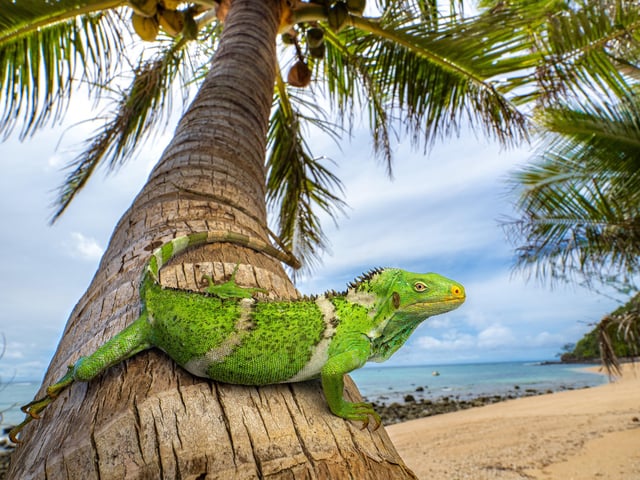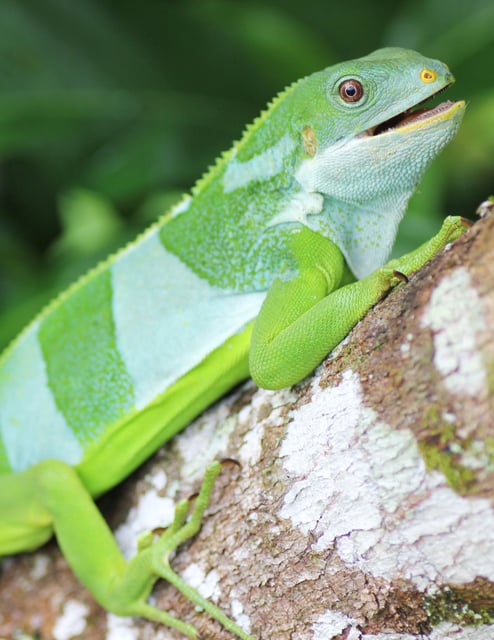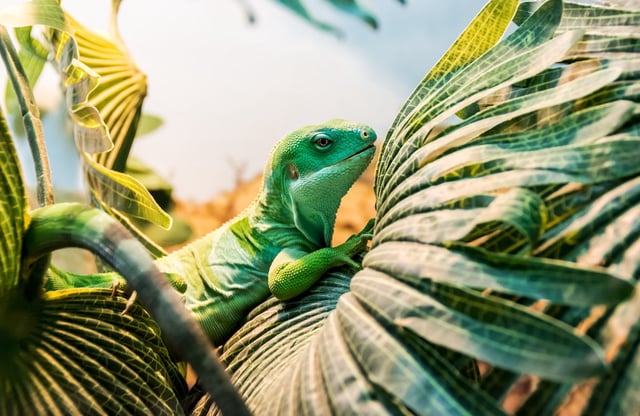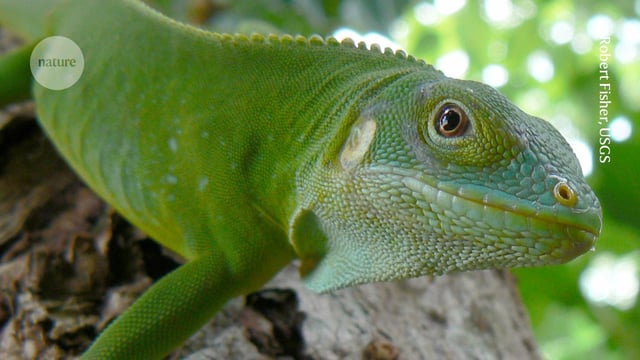Overview
- A study published in the Proceedings of the National Academy of Sciences reveals that Fiji iguanas traveled 5,000 miles from North America to Fiji on vegetation rafts approximately 34 million years ago.
- Genetic analysis shows that Fiji iguanas are most closely related to North American desert iguanas, ruling out earlier theories of South American or Pacific origins.
- The iguanas likely arrived in Fiji around the time the islands were formed by volcanic activity, between 31 and 34 million years ago.
- Iguanas' resistance to dehydration and starvation made them well-suited for such a long oceanic journey, which may have taken several months.
- The findings highlight the role of rare evolutionary events and provide critical insights for conserving endangered Fiji iguana species threatened by habitat loss and invasive species.



